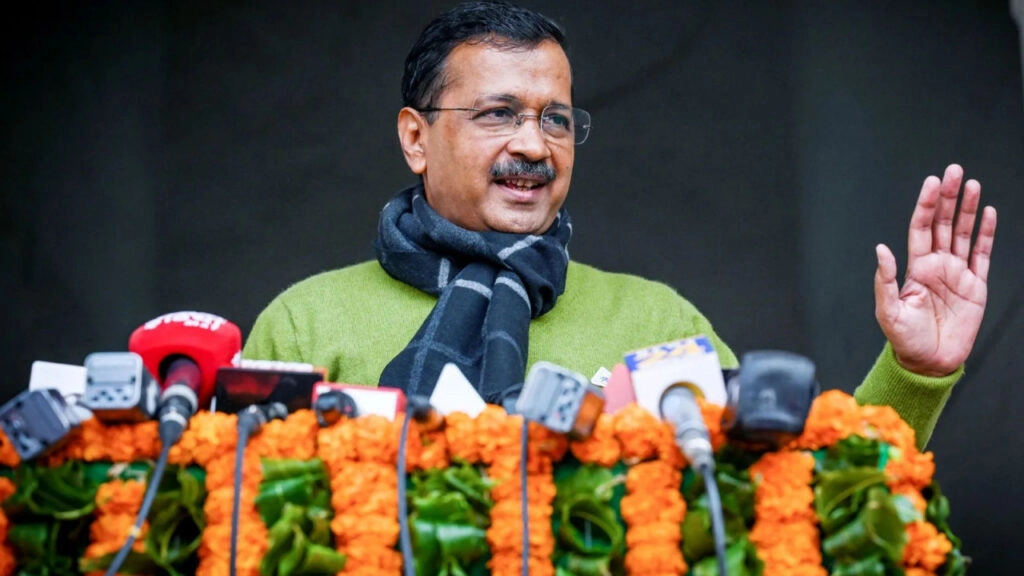On the fateful day of November 26, 2008, Mumbai faced one of the most harrowing terrorist attacks in its history. As chaos erupted across the city, many brave individuals stepped forward to protect their fellow citizens. Among them was a former commando who took it upon himself to confront the unfolding crisis head-on. In a poignant reflection on that day, he posed a critical question: “I saved Mumbai on 26/11, where were Raj Thackeray’s warriors?” This statement not only underscores his personal sense of duty but also highlights the broader issue of responsibility and accountability during times of national emergency.
The former commando’s recollections paint a vivid picture of the fear and uncertainty that gripped Mumbai as the attacks unfolded. With the city under siege, he and others like him took decisive action to safeguard lives, risking their own for the greater good. In stark contrast, the absence of organized support from political entities and local leaders during this crisis raises important questions about their commitment to public safety. The reference to Raj Thackeray, a prominent political figure, signifies a perceived lack of action from those in power when it was most needed. This juxtaposition between individual bravery and institutional failure adds depth to the narrative of that tragic day.
In the aftermath of the attacks, the conversation around accountability and the role of civic responsibility became increasingly relevant. While the bravery of individuals like the ex-commando is commendable, it also serves as a reminder of the need for stronger institutional frameworks and coordinated responses to such threats. The question posed by the former commando resonates with many citizens who expect their leaders to act in times of crisis. It calls for a reflection on the role of political figures and their supporters in ensuring the safety and security of the communities they represent.
Ultimately, the events of 26/11 remain etched in the collective memory of Mumbai and India as a whole. The heroism displayed by individuals amidst the chaos serves as a testament to the resilience of the human spirit. However, it also serves as a clarion call for political accountability and a reevaluation of how leaders respond to crises. In a world where threats can emerge unexpectedly, the need for effective leadership and community solidarity becomes ever more critical. The ex-commando’s question serves as a powerful reminder that in the face of adversity, every citizen has a role to play, and those in power must be held accountable for their actions—or lack thereof.




